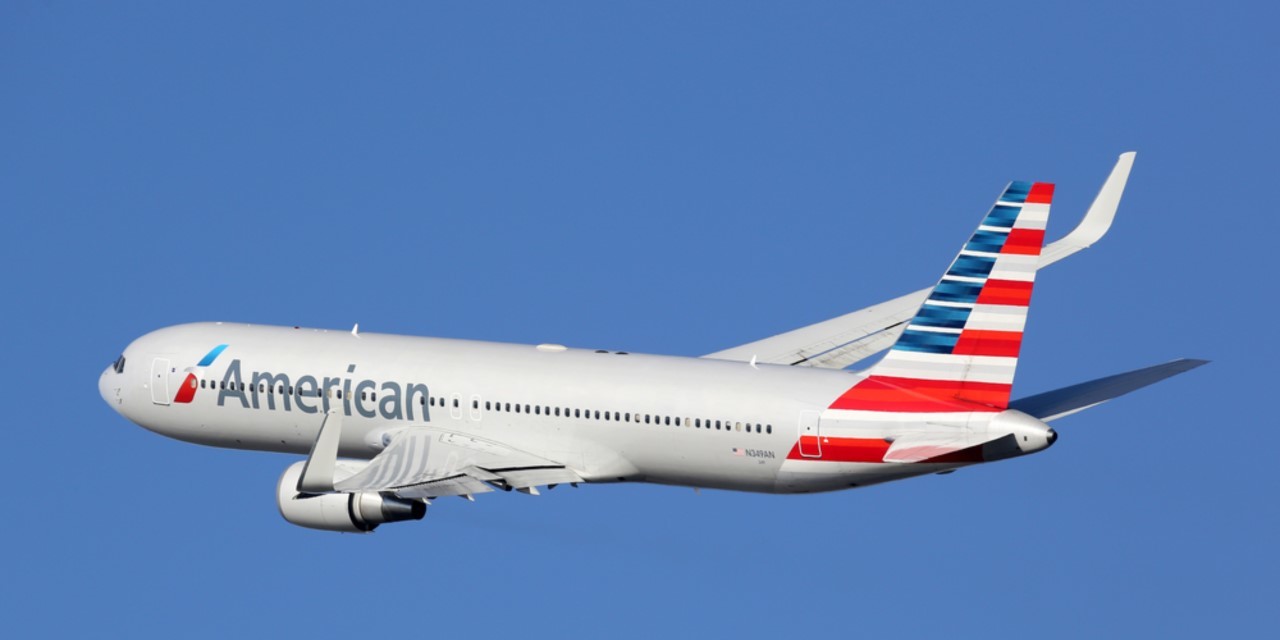A federal judge has dismissed American Airlines, for now, from a 2017 class action complaint in which employees complained new uniforms made them sick.
Judge John Tharp. Jr. issued his opinion Sept. 4 in Chicago, a decision that came as a separate group of flight attendants filed a similar action Aug. 24 in Chicago, also on behalf of virtually all other airline employees.
The complaint Tharp addressed this week pitted 11 named plaintiffs against American, as well as Twin Hill Acquisition Company, which supplied the uniforms rolled out for the company’s worldwide workforce starting in late 2016. Because the workers say chemicals in the new synthetic fabric uniforms made thousands of employees ill, they sought to hold both companies liable for battery and intentional infliction of emotional distress, while also accusing Twin Hill of negligence and products liability.

Todd McLawhorn
| Siprut P.C.
The workers asked the court to force Twin Hill to recall the uniforms and to compel both companies to establish a medical monitoring fund in hopes of mitigating long-term health effects. Both companies sought dismissal, saying the workers failed to state a claim, while Twin Hill also moved to strike the class allegations.
Tharp said the plaintiffs “divided their allegations into five counts corresponding to five legal theories,” describing it as a “common and often helpful approach to pleading,” but which also obscures the difference between claims for grievances and relief demands and legal theories showing which facts give rise to liability and damages. He further explained the complexity of determining which state’s laws should be applicable given the size and mobility of American’s workforce and the way the employees constructed their complaint, as well as whether there are accusations that would place the dispute properly in federal court as opposed to being litigated through established worker’s compensation laws.
“The complaint stops short of alleging that American acted with a purpose to harm anyone,” Tharp wrote. “Plaintiffs do not allege that American specifically desired the alleged consequences of the uniform change; namely, that its employees develop skin, respiratory and other health problems. Plaintiffs instead stake their claim on the notion that American knew the Twin Hill uniforms were unsafe but went forward with the rollout anyway without concern for the consequences to its employees.”
He further said the workers plausibly allege the uniforms were “unreasonably dangerous,” as well as the likelihood that American knew some percentage of employees would have negative reactions. But the complaint “fails to give rise to the inference that American knew with requisite certainty that any particular employees, much less the named plaintiffs, would be harmed by the Twin Hill uniforms.”
As such, he reasoned, the workers’ allegations “might give rise to liability under some other legal theories in a different context, but it does not permit the named plaintiffs in this case to seek damages outside the confines of the applicable states’ workers’ compensation regimes.”
Tharp dismissed American from the complaint without prejudice, permitting the workers to reframe their allegations. However, he rejected Twin Hill’s motions to be dismissed, as well as to reject class certification. Although there are variance in state laws, he explained, each of the named plaintiffs “has pleaded sufficient facts to maintain a design defect theory at this stage.”
Based on the uniform testing by American pilots, as well as similar litigation with Alaska Airlines employees, Tharp said Twin Hill should have known its uniforms were potentially problematic. He further said moving ahead with class certification is proper because continued discovery and the possible creation of geographic subclasses can resolve reservations about prevailing law and class diversity issues.
Plaintiffs in this case are represented by attorneys Warren T. Burns, Korey A. Nelson and Charles J. Gower, of the firm of Burns Charest LLP, of Dallas and New Orleans; Todd L. McLawhorn, Stewart M. Weltman and Michael M. Chang, of Siprut PC, of Chicago; and Nada Djordjevic, of Boodell & Domanskis LLC, of Chicago.
American Airlines is represented by Susannah K. Howard and Mark W. Robertson, of O'Melveny & Myers LLP, of San Francisco; and Larry S. Kaplan and Matthew J. Obiala, of Kaplan, Massamillo & Andrews LLC, of Chicago.
Twin Hill is represented by Francis A. Citera and Caitlyn E. Haller, of Greenberg Traurig LLP, of Chicago.
In a separate ruling issued Sept. 11, the judge ordered a virtually identical lawsuit, docketed as Joy, et. al. v American Airlines, which was filed in August, to be consolidated with the earlier case. Plaintiffs in both cases were ordered to file a consolidated amended complaint by Nov. 1.
